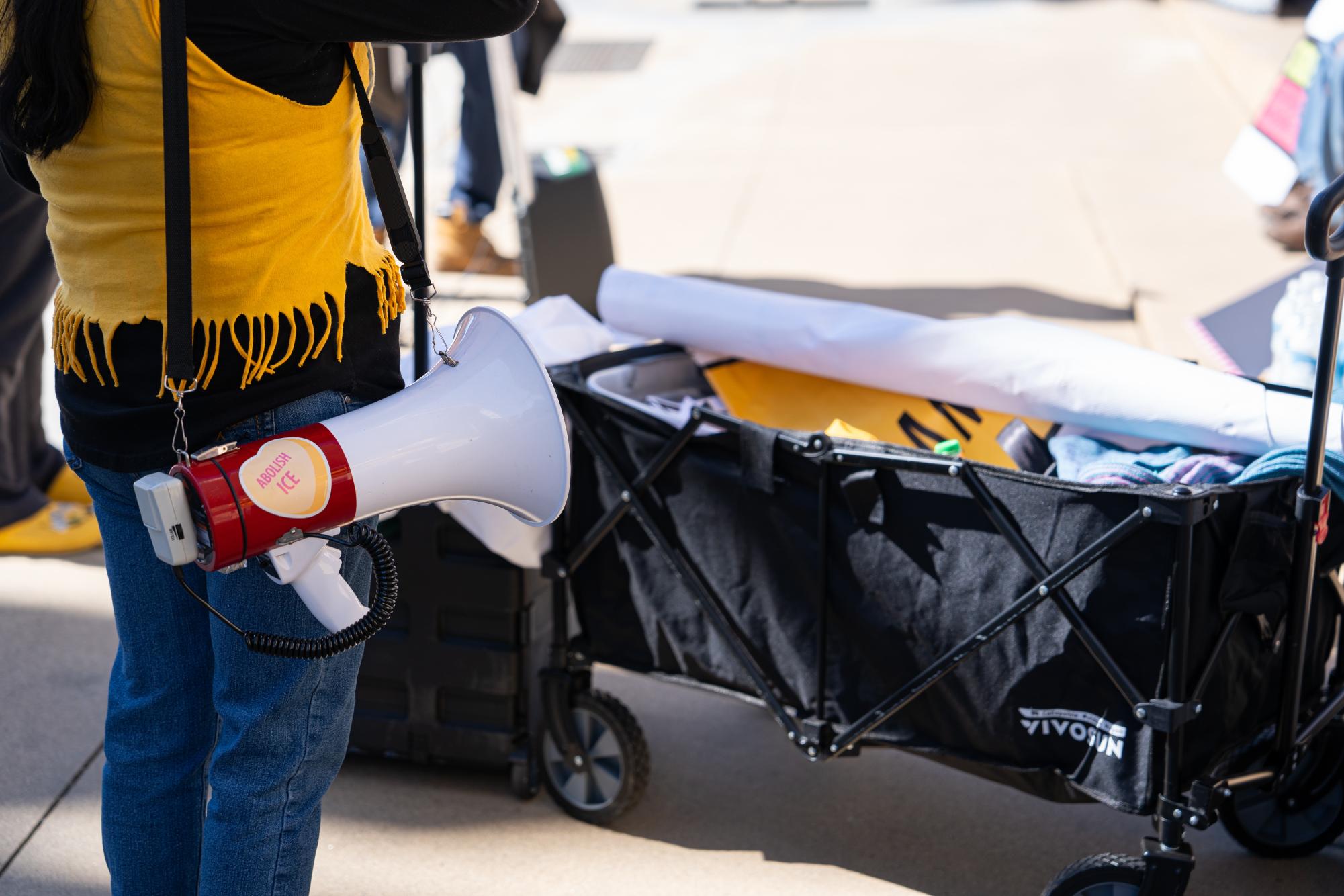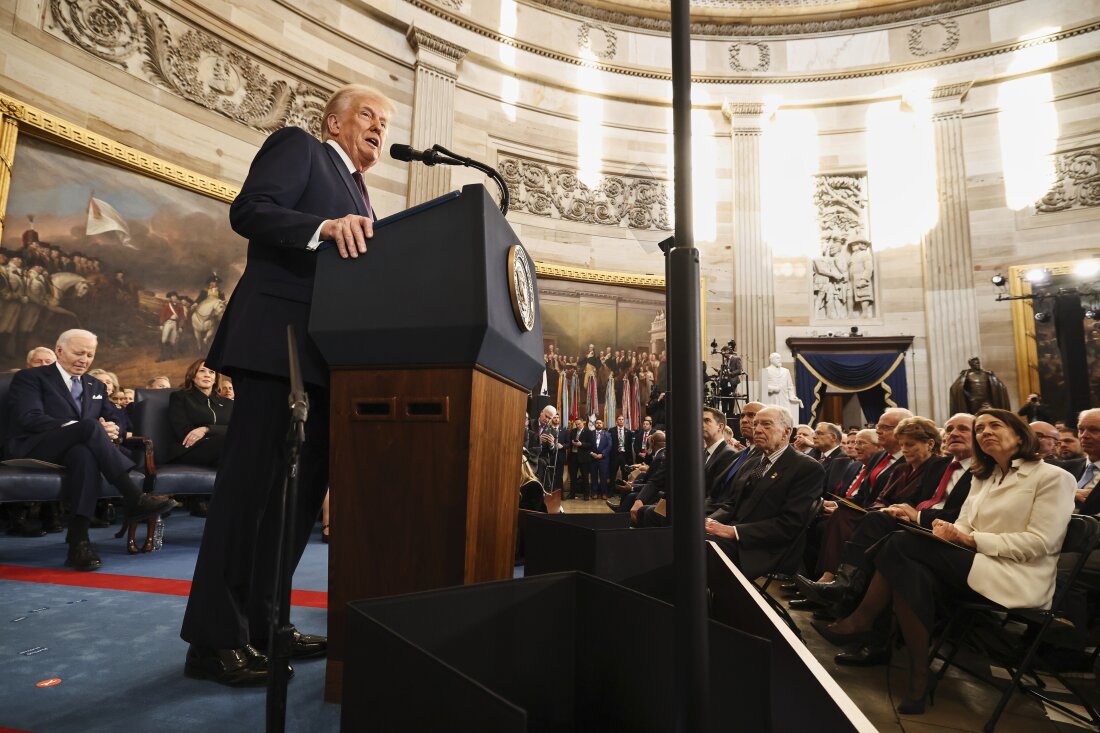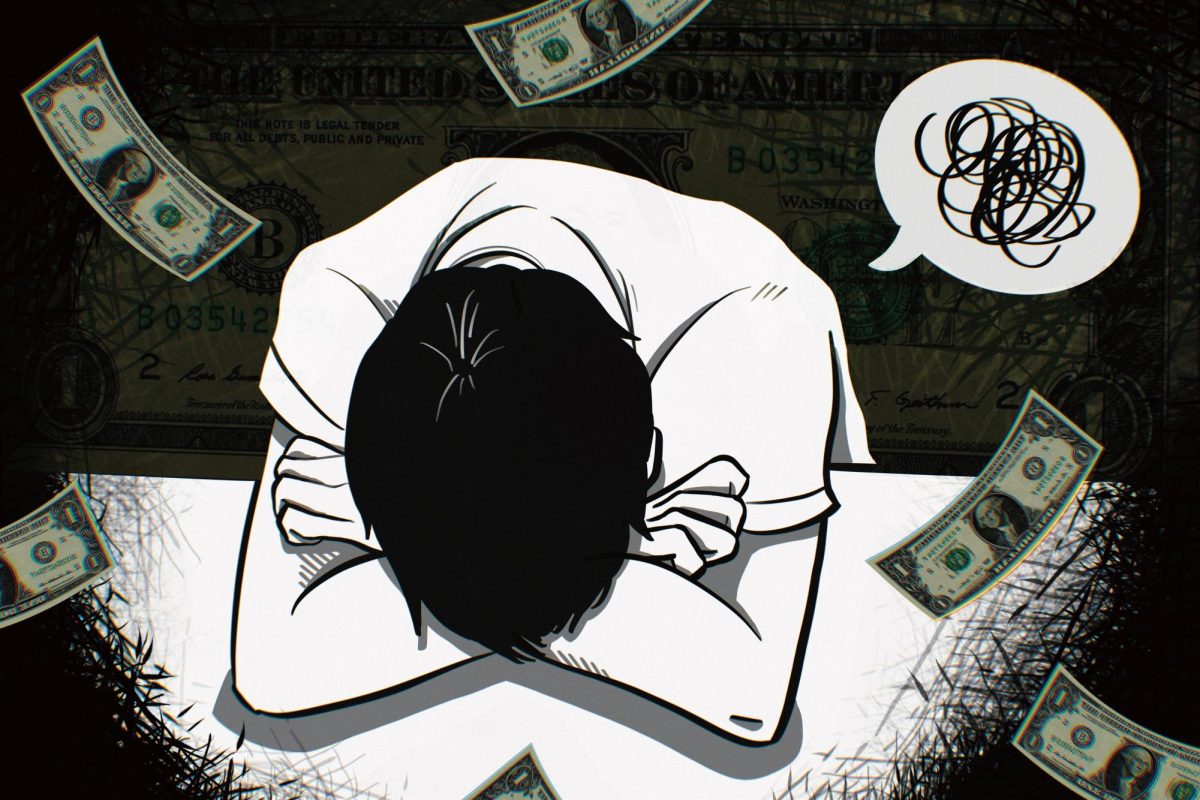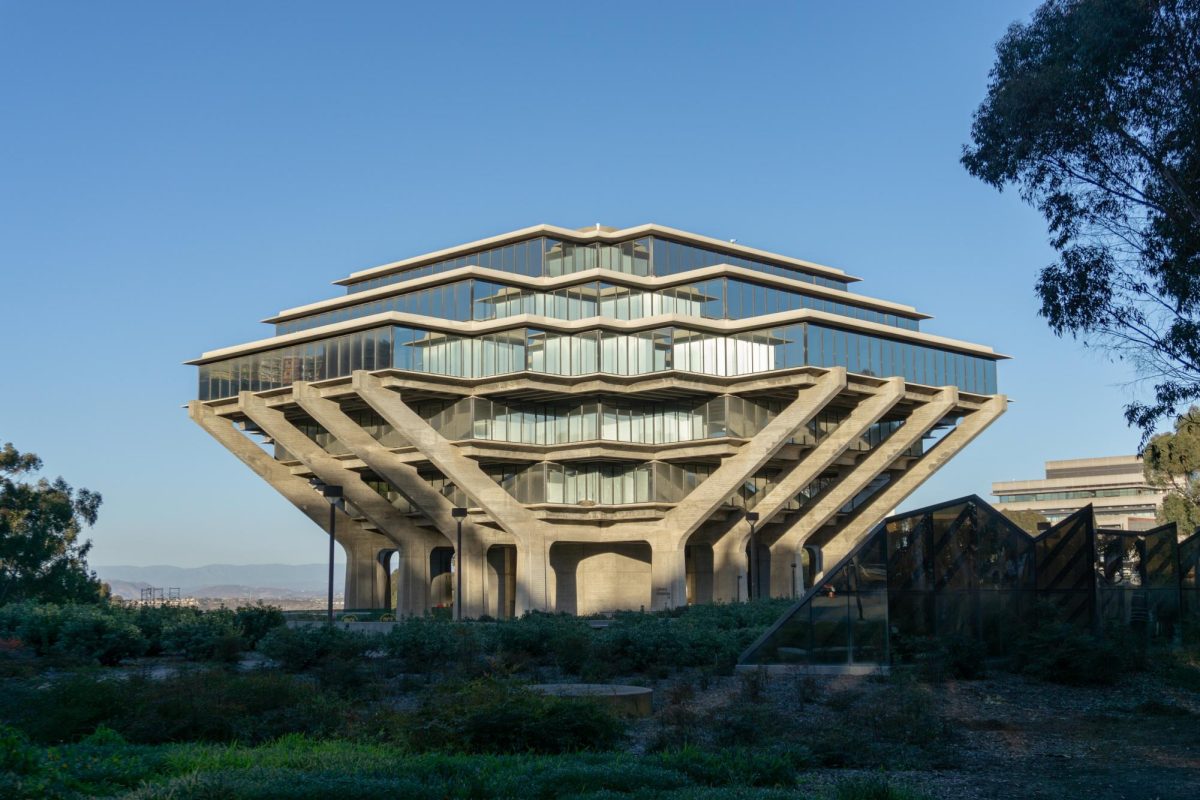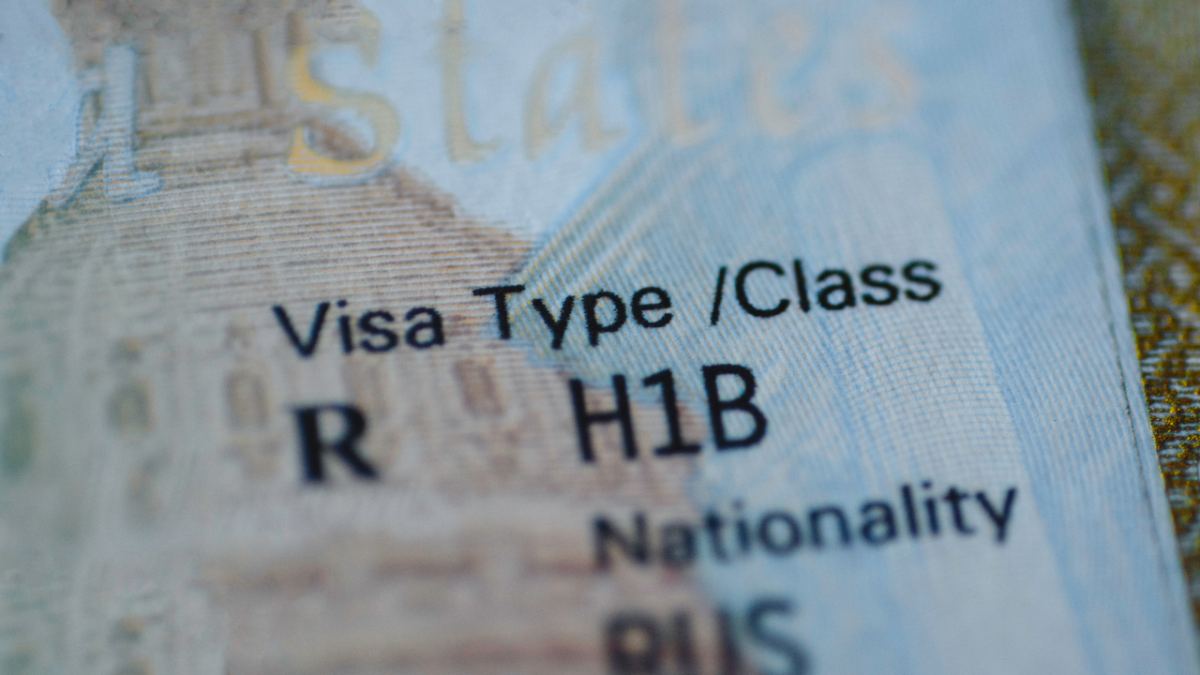It was one of the last nails in the coffin of Harvard University’s shortest-serving president. Claudine Gay, who held the role for just over half a year, fumbled a critical Congressional hearing concerning the rise of campus antisemitism last December. Asked by congresswoman Elise Stefanik (R-NY) if calling for the genocide of Jewish people on campus would violate Harvard’s speech policies, Gay responded, “It would depend on the context.” Gay’s failed attempt at neutrality reverberated far beyond Harvard and demonstrated that our faith in universities to police hate speech is misplaced.
During the hearing, Stefanik accused Harvard of affording special treatment toward pro-Palestinian speech. In particular, she criticized the lack of intervention when Harvard students used what Stefanik deemed genocidal chants — a classification which Gay did not refute — such as “intifada” and “from the river to the sea.” Historically, Harvard has not been afraid to intervene in matters of speech, which Stefanik pointed to, contrasting Harvard’s current inaction with its 2017 decision to rescind acceptances from ten prospective students who were found to have shared offensive memes in a private Facebook chat for their incoming class. She also referenced Kyle Kashuv, a Parkland shooting survivor turned gun-rights activist who lost his offer of acceptance in 2019, this time for his use of a racial slur in texts.
Stefanik’s argument on the basis of hypocrisy was a ferocious success, and it stuck. It was a tragic miscalculation for Gay, who ultimately resigned after the fallout from the hearing was exacerbated by a controversy surrounding plagiarism. But Stefanik, in her haste to trap Gay, overlooked something crucial. It wasn’t Gay’s poor leadership that caused Harvard’s failure to police speech in a way that satisfied everyone. The failure was caused by something much deeper: the policies that universities such as Harvard use to judge speech.
The problem is that in order for a university to interfere with speech on the basis of hate, it must first determine where to draw the line between protected speech and hate speech. All universities had to do was examine offensive speech and decide when it became, to cite Harvard’s own policy, “so severe or pervasive and objectively offensive that it creates a work, educational, or living environment that a reasonable person would consider intimidating, hostile, or abusive and denies the individual an equal opportunity.” The limits of speech were only defined in terms of the ideas of “reasonable people” and never precisely. The question assumed a mutual understanding of what hate was and simply asked, “How much is too much?” And in the cases of Kyle Kashuv and the students in the Facebook group chat, the answer was clear.
But when disagreement erupts about what actually constitutes hate, the line becomes impossible for universities to draw. For instance, some individuals disagree with Stefanik’s classification of the “intifada” and “from the river to the sea” chants as genocidal. These phrases and similar chants were used at UC San Diego’s Students for Justice in Palestine protest for divestment in March, and now again in the encampment erected on Library Walk. The complicated history of these expressions is outside the scope of this article, but the debate over them illustrates its point. Are they hateful? Are they advocating for genocide? Stefanik’s interpretation would seem to suggest that they were. Others differ. This problem of interpretation is impossible to skirt, so can we trust universities to handle it?
Unfortunately, we cannot. The current situation exposes the Achilles heel of the modern university’s hate speech policy: two groups whose opposing views are existential and central to their identities. Harvard is just one example; the same problem of interpretation is inherently baked into any policy that limits speech on the basis of hate. This weakness will only become more glaring as protests continue. The line will never be clear, and universities are not prepared to be the moral force drawing it.
So long as we continue to expect universities to be the arbiters of speech debates, they will continue to fail us. When faced with a difficult choice, the university’s default is to align with the majority’s interpretation of the speech. This is not a way to make logical decisions.
This issue is only going to become more complicated. The rise of encampments on college campuses across the country brings another dimension to the free speech debate. There are new lines to be drawn concerning acceptable forms of protest. Universities must decide what actions to take, and they are once again struggling to find a solution. Some have actively broken up student encampments, leading to violence and student arrests. UCSD has taken a more indirect approach, most prominently by the controversial decision to cancel the Sun God Festival.
But we can see how a protest’s form might be eligible for restriction: universities obviously cannot tolerate the occupation of their buildings, destruction of property, or forms of protest that actively prevent the university from continuing to function. However, universities must never regulate the exchange of speech based on its content. This distinction is crucial.
The debate over free speech will only get more and more heated as this war rages on, both in Gaza and on campuses. The way to move forward in this ambiguous world is not by restricting speech, but by listening to each other. That’s something a university can teach, but not enforce.



